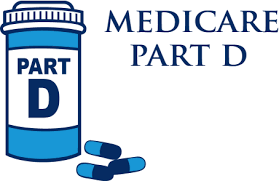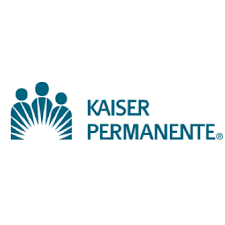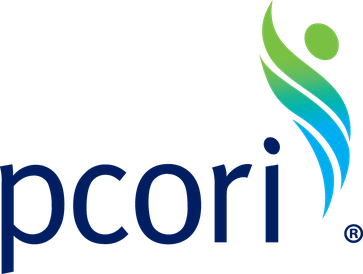Medicare Part D Disclosures due by March 1, 2025 for Calendar Year Plans
Medicare Part D Disclosures due by March 1, 2025 for Calendar Year Plans Group health plan sponsors are required to complete an online disclosure form with the Centers for Medicare & Medicaid Services (CMS) on an annual basis and at other select times, indicating whether the plan’s prescription drug coverage is creditable or non-creditable. This …
Medicare Part D Disclosures due by March 1, 2025 for Calendar Year Plans Read More »







